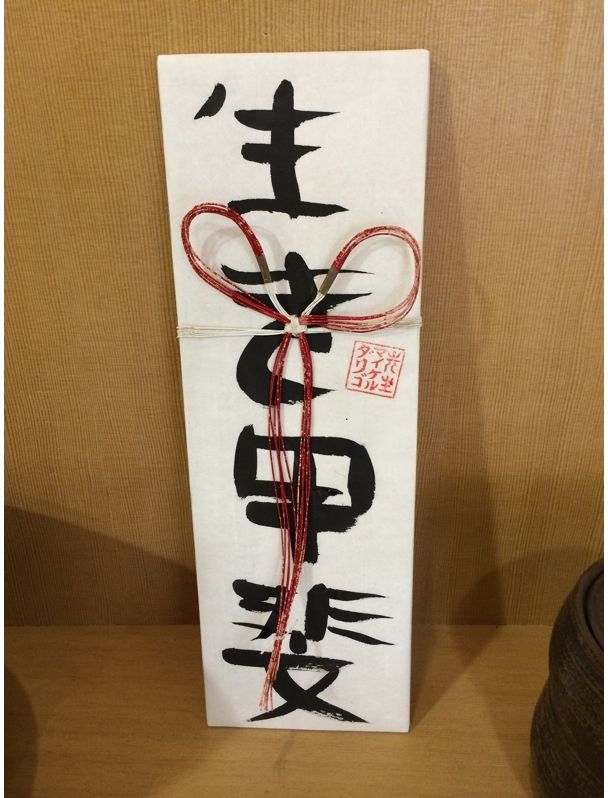To have a purpose for living is the true measure of a satisfied and rich life; rather than striving for happiness, strive for purpose.
Ikigai is a four-kanji concept that literally means "purpose (or reason) for living." If any concept in karatedo holds the key to both happiness and a long, healthy life, it most assuredly is ikigai.
The Secret to Longevity
In studies of longevity around the world, researchers have tried to identify the key characteristics of long-lived people — especially those hardy individuals that live to one hundred years of age, or more. And in addition to regular exercise and an active life, and a balanced and reasonably nutritious diet, the single most important factor that has stood out is this: long-lived, healthy, and active individuals live life with a purpose. They have ikigai.
Everyone has — and ultimately in fact, must have — a reason for living, a purpose for existence. Identifying it, refining our self-awareness of it, and then clearly communicating it to ourselves, however, can be challenging. Nonetheless, it is vitally important for our happiness and as well as our physical longevity that we do so.
Uniqueness of Purpose
Everyone’s ikigai is different — and is equally important. The elderly woman that cares for her great-grandchild has a deep and fulfilling purpose; the schoolchild that is his friend’s best friend is also fulfilling a deep purpose. All ikigai are equally important and powerful, because all ikigai are, by definition, a reason for living for someone.

Ikigai can change, evolve, and transform throughout our lives. A young doctor might deeply identify and care about improving the health of her patients, and be passionate about this; later, the same now-older doctor may be passionate about being a mother to her children; and even later, may become passionate about teaching other doctors to be world-class caregivers to their patients.
Our ikigai evolves and transforms with us, just as much as the knowledge and identification of our ikigai transforms us. We push ourselves, we focus our attention, we nurture our strong spirit — all because we want to support and fulfill the roles that our ikigai demands. The elderly grandmother keeps strong, fit, and active, because she passionately must care for her great-grandchild. Being strong, fit, and active are simply means to an end: that end is her ikigai.
Purpose as Karatedō
As karateka, we are challenged to both define our ikigai, and to live it. To search out and identify what our central purpose for living is, and then to be strong and passionate in the living of it.
What we choose for our purpose often revolves around others – especially as karateka. The idea of service to others is inherent in the power of ikigai, and that's especially true for karateka.
As practioners and students and teachers of karatedō, we seek to lead and we seek to serve as a component of that leadership. That kind of commitment to service gives extra power and meaning to the ikigai of karateka.
In the end, though, it is that ikigai that powers our karatedo. And what gives karatedo so much power and purpose, in return.
| Kanji/Katakana | Meaning |
|---|---|
| 生き | living/alive (iki) |
| 甲斐 | worth of (purpose of) (gai) |
Editor's Note: This lecture was first delivered by Sensei in San Rafael, California in January 2014 as the official Kagami Biraki lecture of that year. (Read more about Kagami Biraki here.) However, this lecture is also delivered annually every January, as part of the Cycle of Four (read more about that set of meditation and shodo lectures here.)





![Ikioi — Momentum 勢い [Edition 2025]](https://images.unsplash.com/photo-1691568520168-d74572f43f62?crop=entropy&cs=tinysrgb&fit=max&fm=jpg&ixid=M3wxMTc3M3wwfDF8c2VhcmNofDYyfHxtb21lbnR1bXxlbnwwfHx8fDE3NDczNDY5MDJ8MA&ixlib=rb-4.1.0&q=80&w=720)